These three "gogies" of effective online learning will help you get a clearer picture of learning and eLearning in the digital age.
|
|
Scooped by Beth Dichter |
More and more we hear discussions about digital learning. This post explores three concepts that may be new to you.
Heutagogy is the study of "self-determined" learning. If you think of an online instructor "as a coach, a mentor or a facilitator," as someone whom encourages the learner to be self-directed you have the concept of heutagogy. In our classroom this could take place if we provide our students an opportunity to work on a project where they will have the lead and we will work as a coach.
Peeragogy or paragogy allows learners to leverage "their own expertise." This allows students to work together in small groups and with older students (and adults) it "increases the potential for transfer of learning and as well as encourages sustained engagement among students."
Cybergogy is a new concept for me. The post describes it as "the awareness that face-to-face learning strategies may not apply to distance education and virtual media."
These three "gogies" of online learning may also apply in a classroom where there may be projects where students are engaged in self-directed learning.
The post also provides link to additional resources that look at these three "gogies."



 Your new post is loading...
Your new post is loading...
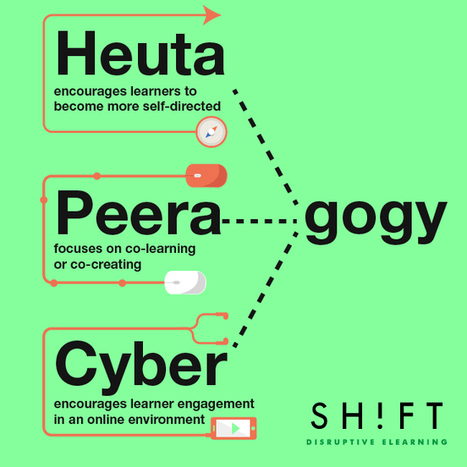

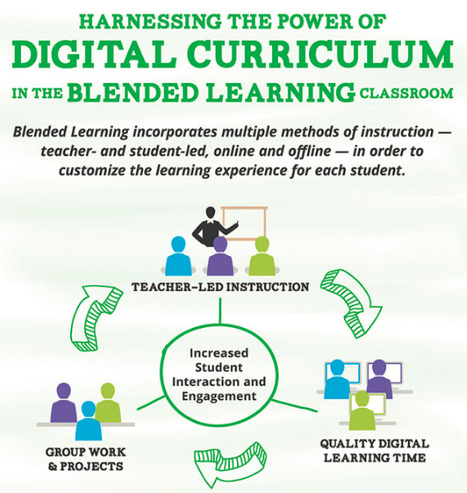



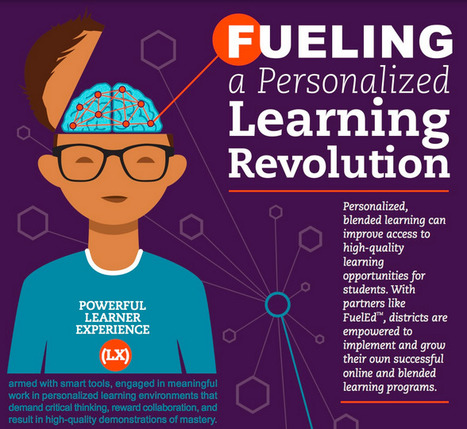



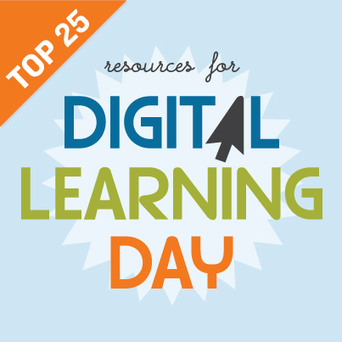
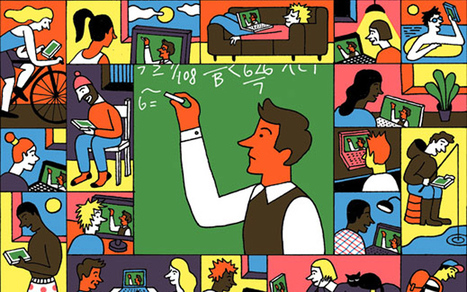
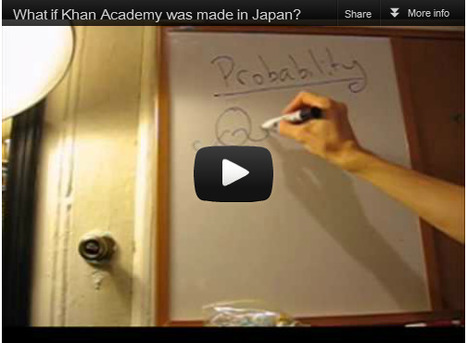

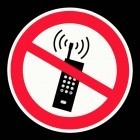
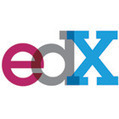
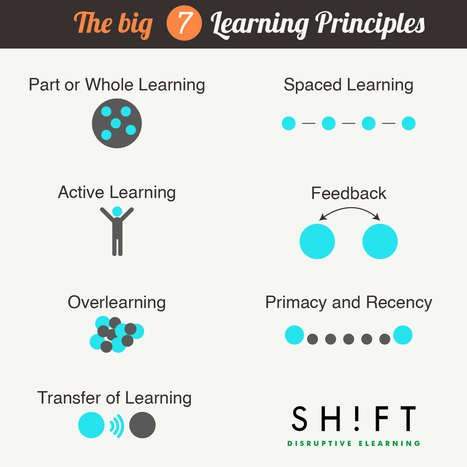

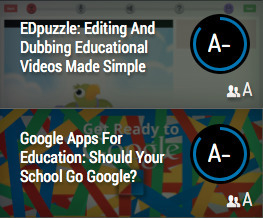

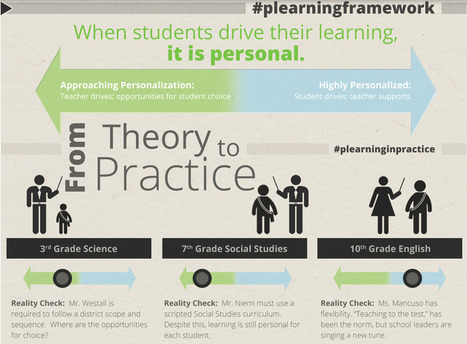
![7 Myths and Facts About Online Learning [Infographic] | Eclectic Technology | Scoop.it](https://img.scoop.it/xEzs2R8INXbJ_O08v-D8kDl72eJkfbmt4t8yenImKBVvK0kTmF0xjctABnaLJIm9)


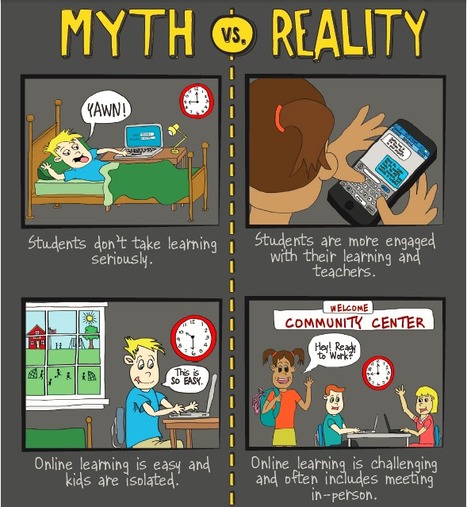



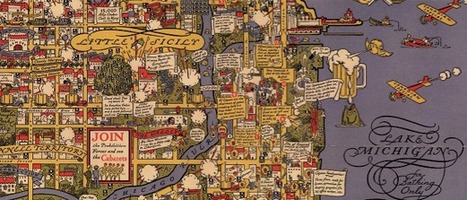




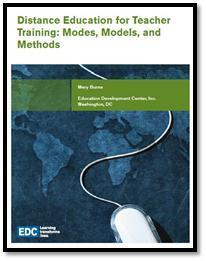






We need to be considering multi-pedagogical learning as a consequence of integrating technology with learning.
#avancee
3 conceitos sobre a aprendizagem do seculo XXI
1- HEUTA- encoraja os aprendizes a serem auto-direcionados
2- PEERA- foco em co-aprendizagem e co-criacao
3- CYBER- Encoraja engajamento dos aprendizes no ambiente de aprendizagem on line.
I like these ideas.